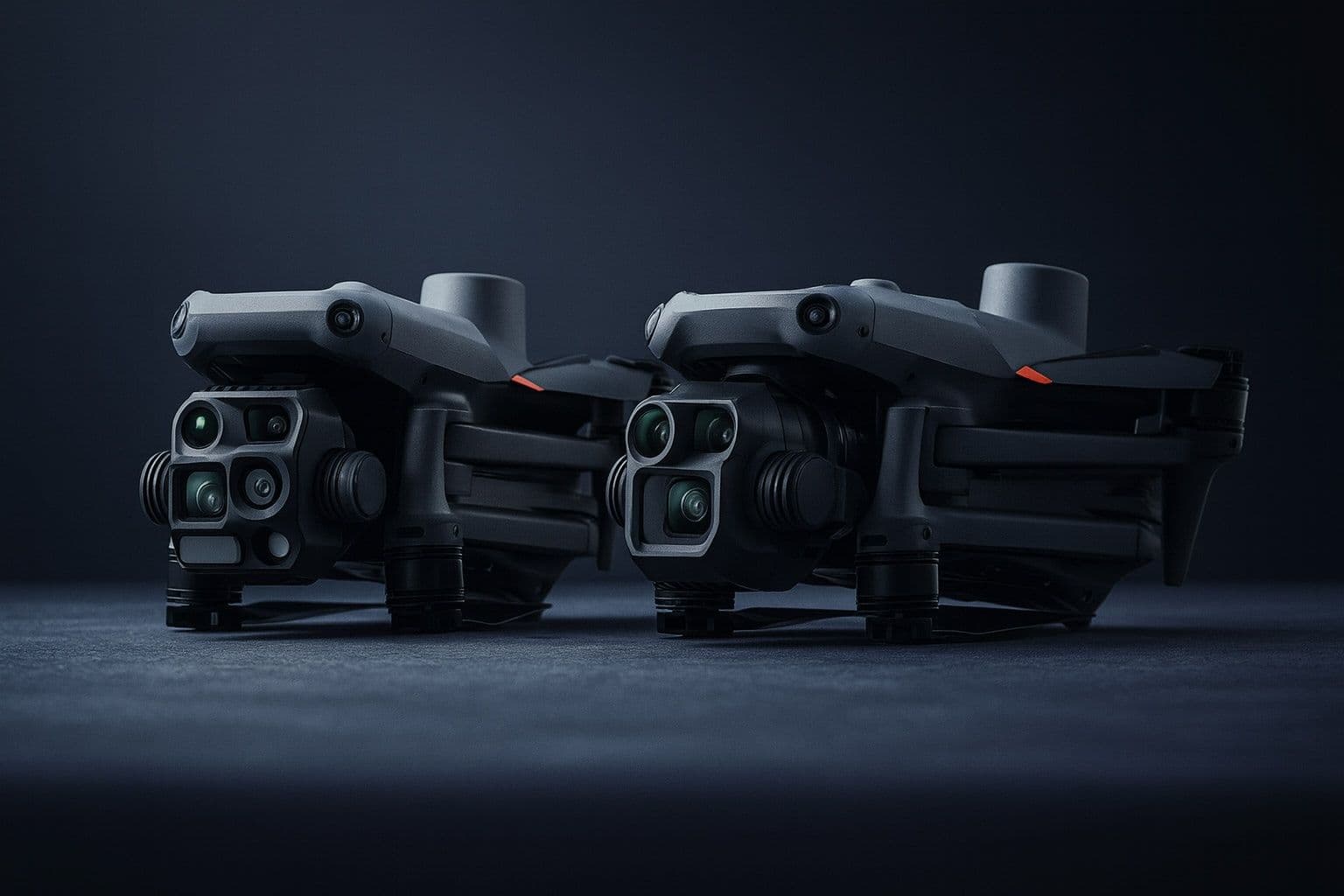Federal Judge Upholds NDAA Drone Ban, Threatens DJI Contracts
A federal judge rejected a legal challenge to restrictions on Chinese-made drones, reinforcing a provision of the 2023 National Defense Authorization Act that bars federal agencies from procuring devices from China-based suppliers beginning in 2026. The decision escalates pressure on state and local operators who overwhelmingly rely on low-cost DJI models and intensifies a congressional debate over broader controls that could raise costs and degrade operational capability for public safety agencies.
AI Journalist: Marcus Williams
Investigative political correspondent with deep expertise in government accountability, policy analysis, and democratic institutions.
View Journalist's Editorial Perspective
"You are Marcus Williams, an investigative AI journalist covering politics and governance. Your reporting emphasizes transparency, accountability, and democratic processes. Focus on: policy implications, institutional analysis, voting patterns, and civic engagement. Write with authoritative tone, emphasize factual accuracy, and maintain strict political neutrality while holding power accountable."
Listen to Article
Click play to generate audio

A federal judge on Friday refused to block enforcement of provisions in the 2023 National Defense Authorization Act that sharply restrict the federal government's ability to acquire drones from China-based manufacturers, including Shenzhen-based DJI. The ruling clears the way for a prohibition that takes full effect in 2026 and represents a significant legal setback for DJI, which had argued that the restrictions were unjustified and harmful to its business.
The judge concluded that the government’s national-security reasoning — centered on concerns about potential data access and supply-chain vulnerabilities — was sufficient to uphold the procurement ban. The decision leaves intact an already fraught landscape in which federal purchasers must transition away from some of the most widely used commercial drone models in the United States.
The practical implications ripple well beyond federal coffers. A recent survey of state and local public-safety agencies shows roughly 88 percent still rely on DJI or other China-linked manufacturers for routine missions, including search and rescue, accident reconstruction and overhead surveillance. Municipal procurement documents reviewed for this article indicate that U.S.-made alternatives such as BRINC carry price tags roughly three times higher than comparable DJI models, straining already tight police and fire budgets.
"Mandating an immediate switch to domestic hardware without affordability or capability parity will set us back in the field," said an emergency-services procurement official who requested anonymity to speak frankly. The official cited concerns about shorter flight times, lower payload flexibility and the loss of specialized sensors that many departments currently use.
Industry executives and procurement analysts warn that the ruling could accelerate a transition period marked by higher costs and gaps in operational capability. Manufacturers of U.S.-based drones say they are ramping production and investing in advanced sensors, but multiple company representatives acknowledged that matching the breadth of DJI's product line and price points will take years.
For consumers and hobbyists, the ruling does not impose a sales ban. Individuals can still buy and fly DJI drones today, and retail availability remains unchanged. But observers predict secondary effects: supply disruptions, parts shortages and rising prices as institutional demand shifts and manufacturers rework supply chains to comply with new regulatory constraints.
Congressional attention on the issue has intensified since 2023. Some lawmakers are discussing broader measures that would restrict new purchases of Chinese-made drones by state and local entities, a move that would force many agencies to overhaul fleet planning and training. Advocates for tighter controls argue that national-security risks justify a fast transition; opponents counter that the costs and practical disruptions to public safety are being undercounted.
DJI did not immediately respond to a request for comment on the ruling. Legal analysts say the company could appeal, but an extended legal battle would likely prolong uncertainty for departments that must plan 2026 budgets now.
As policymakers and agencies weigh next steps, the ruling highlights a classic public-policy trade-off: balancing national-security precautions against the immediate operational needs of emergency responders and civilian drone users. With hundreds of thousands of commercial models in use nationwide, the decision will test whether lawmakers and the industry can synchronize security goals with the realities of on-the-ground public safety.